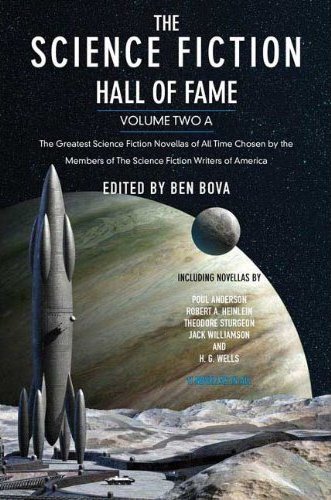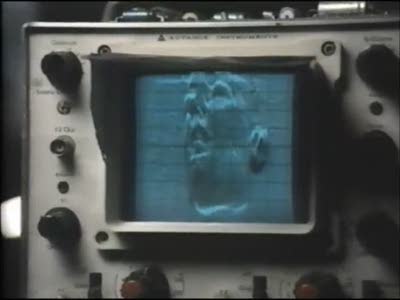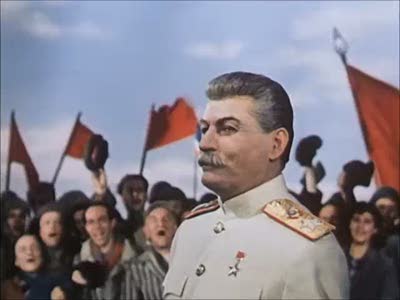
The more I read of science fiction from the 1930’s to 60’s, the more I realize that this was where our culture grew up in a sense it hadn’t before. These people were dreaming the future we live in. I don’t mean because they (good grief) “predicted” anything, but because they were pioneers of new ideas, new perspectives, new attitudes. To fully explore all that you needed a literature without any limits, where every dial could be turned.
The format they did it best with was the short format. Maybe it was an accident of publishing history, I don’t know. But most of the best science fiction stories are either short stories or short novels.
For exploring the novels, have a look at the Gollancz Masterworks series. For the rest there’s anthologies. This is one of them. Every story here is exceptional or historic in some way: Call Me Joe (1957) by Poul Anderson, which contains the core ideas of Avatar. Who Goes There? (1938) by John W. Campbell, filmed as The Thing. Universe (1941) by Heinlein, the original degenerate generation ship story, (one echo of which is WALL-E). The Marching Morons (1951) by C. M. Kornbluth, the basis for Idiocracy.
The deep link between science fiction and libertarianism is demonstrated in … And Then There Were None (1951) by Eric Russell, which portrays moneyless anarcho-libertarians inspired by Gandhi, and With Folded Hands (1954) by Jack Williamson, the nanny state nightmare version of Asimov’s robotic laws.
As anthologies go, this is about as good as it gets.








